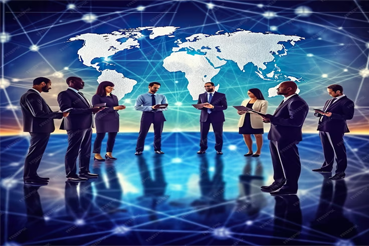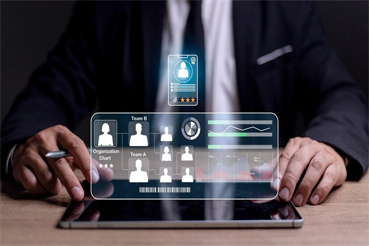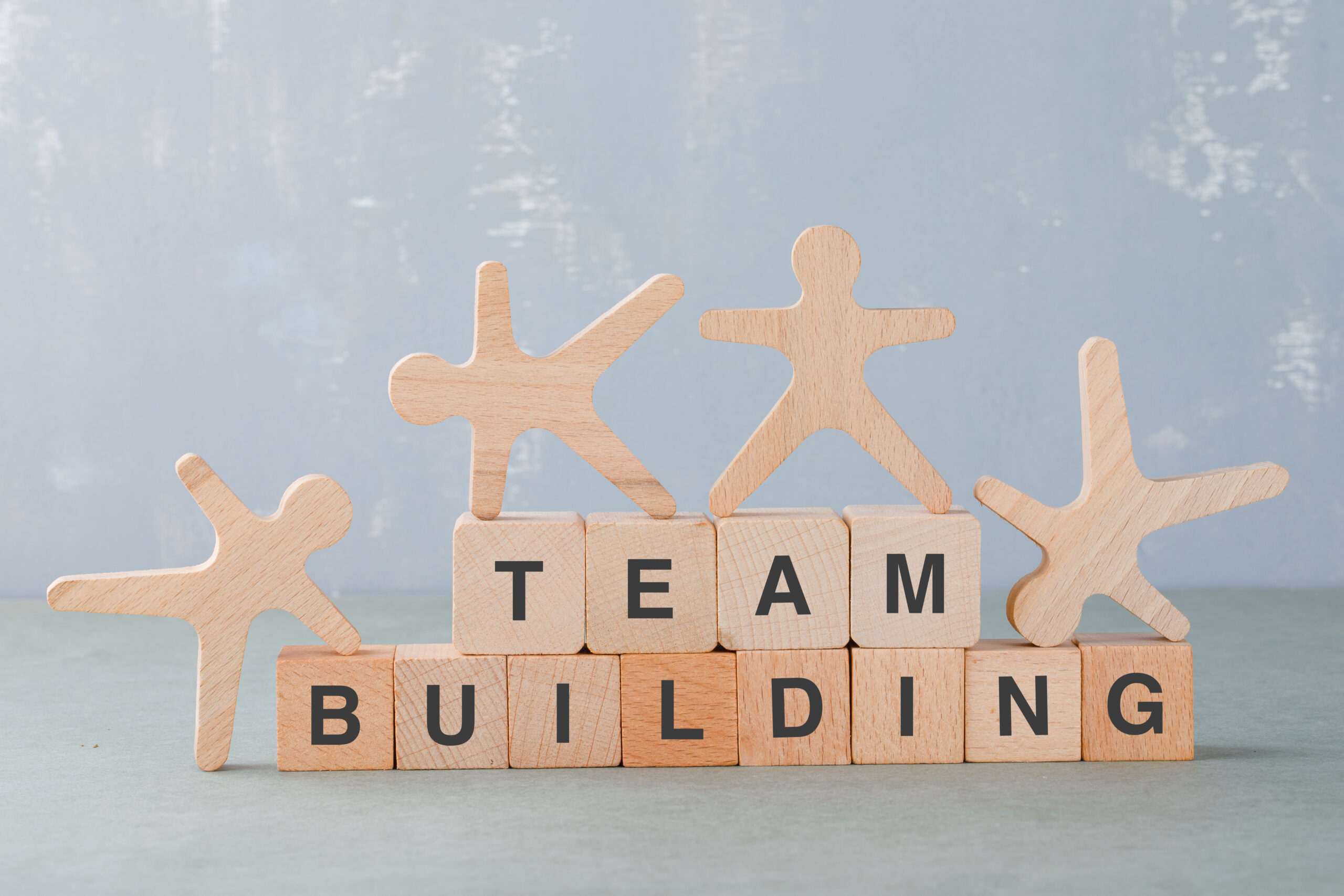The Use of Social Media Modern Conflicts: A Double-Edged Sword
In an era dominated by digital platforms, social media has emerged as a powerful tool for communication, mobilization, and influence. While it has undoubtedly changed the way we connect, share, and perceive the world, it has also found its way into the arsenals of conflicting parties. In modern conflicts, both sides have tapped into the vast potential of social media, utilizing it for a range of purposes, from propaganda to rallying support. In this blog, we delve into the multifaceted role of social media in contemporary conflicts, highlighting its implications for diplomacy, warfare, and global perception.
Social Media Modern Conflicts Propaganda and Information Warfare
Perhaps the most evident use of social media in conflicts is for propaganda. Platforms such as Twitter, Facebook, and YouTube have become battlegrounds for warring factions to disseminate their narratives. Through carefully curated posts, images, and videos, each side aims to shape public opinion, both domestically and internationally.
By offering a direct line to millions of users, social media bypasses traditional gatekeepers like the mainstream media, allowing actors to portray events in ways that align with their objectives. While this democratization of information can be seen as empowering, it also opens the door for misinformation and manipulation. A viral image or video can sway opinions overnight, irrespective of its veracity. In the fog of digital warfare, discerning fact from fiction becomes increasingly challenging.
Recruitment and Mobilization
Social Media Modern Conflicts power to connect like-minded individuals has been harnessed by conflicting parties to recruit supporters and fighters. Platforms like Telegram have been used by various groups to disseminate propaganda, share combat techniques, and even coordinate attacks. The allure of belonging, combined with compelling narratives, can drive individuals towards radicalization.
On the flip side, Social Media Modern Conflicts has also been a tool for peace activists and civilians to rally support against aggression. From online petitions to organizing mass protests, the digital realm provides an avenue for collective action against oppressive regimes or injustices.
Psychological Warfare
Social Media Modern Conflicts aren’t solely waged on physical battlefields. The psychological dimension plays a crucial role, and social media is a potent weapon in this regard. By showcasing victories, highlighting enemy losses, or even spreading rumors, sides can demoralize opponents and bolster their troops’ morale.
Moreover, the immediacy of social media means that news of an event can spread like wildfire, impacting not only the direct participants in a conflict but also influencing international stakeholders and public opinion.
Humanitarian Outreach
Amid the tumult of conflict, social media has also emerged as a beacon of hope. Civilians trapped in conflict zones have used platforms like Twitter to reach out for assistance, share their stories, or highlight the atrocities they face. Such firsthand accounts can humanize the conflict, prompting international organizations and governments to intervene or offer aid.
Diplomacy in the Digital Age
Gone are the days when diplomatic exchanges were confined to closed-door meetings and official communiques. Today, diplomats and leaders often take to Twitter and other platforms to communicate their stances, respond to developments, or even engage in digital spats. While this transparency can foster understanding, it also risks escalating tensions, given the public nature of such exchanges.
Challenges and the Path Forward
While the strategic use of social media in conflicts presents numerous opportunities for both sides, it also poses significant challenges:
- Echo Chambers: Social media algorithms tend to show users content that aligns with their beliefs, creating echo chambers. This polarization can further entrench divides, making resolutions harder to achieve.
- Cybersecurity Threats: The digital realm is rife with threats, from hacking to disinformation campaigns. Conflicting parties must be wary of cyber vulnerabilities.
- Regulation and Oversight: Tech companies are grappling with their role in moderating content related to conflicts. Balancing freedom of expression with preventing the spread of harmful content is a delicate task.
To navigate the intricate web of social media in conflicts, stakeholders, including international bodies, governments, and tech companies, must collaborate. Establishing clear guidelines, promoting digital literacy, and fostering open dialogues can help harness the power of social media for peace and understanding rather than division and strife.
In conclusion, social media’s role in modern conflicts is undeniable. As with any tool, its impact hinges on the intent and strategy of its users. As the digital age progresses, the onus is on us, the global community, to ensure that these platforms serve as bridges rather than barriers.





